From school connectivity to community empowerment - the role of governments, universities, MNOs and CSOs
African Child Projects/ Basic Internet Foundation
Session 466
The panel “From School Connectivity to Community Empowerment” has the goal to broaden the public responsibility for and of Higher Education. It follows the European Standards and Guidelines (ESGs) for institutions in the Higher Education Area, pointing out the responsibility of higher education to harness the promise of digital transformation.
The Internet was rolled out thanks to involvement of Universities, leading to the National Research and Education Networks (NRENs). The NRENs, connecting Higher Education Institutions (HEIs), have created the base for connectivity and services. One of the most notable services is Eduroam, providing roaming access to NRENs in more than 100 countries around the globe.
The current discussion on “infrastructure in underserved areas” shows the need for affordable backbones to foster school connectivity and community empowerment. Examples of such solutions include the Regional Competence Centres (RCCs) for school connectivity, as well as Community Learning & Living Labs (CL3). The session will bring together academic representatives to foster the "Connect the Future" by ideas and best praxis.
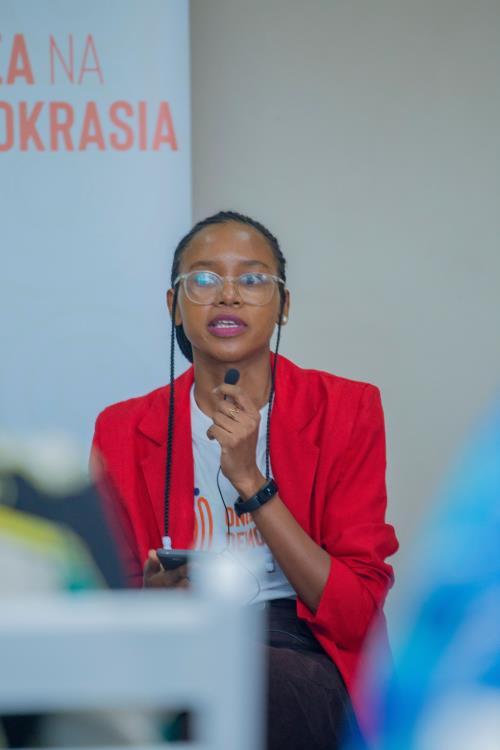
Catherine R. Kimambo is the Founder and Executive Director of African Child Projects, an NGO that works on changing narratives about African communities and its people by telling transformative stories about Africa through its involvement in projects around technology, education, policy, regulations and rural development in Tanzania. She is also Community Champion for the Common Voice project under Mozilla Foundation where she works on language inclusive AI technology with communities on the ground, She represents Basic Internet Foundation in Tanzania as a driver in Affordable Internet for all. Catherine is an Alumni of YALI EA, European Youth Volunteer (Erasmus+ 2017 – Open Space Foundation in Bulgaria), 2022 Microsoft Founder’s Hub Scholar and Member of Youth IGF. Catherine is a blogger and a storyteller on how the Internet is changing narratives in rural Tanzania, where she shares transformative stories on Internet4good.
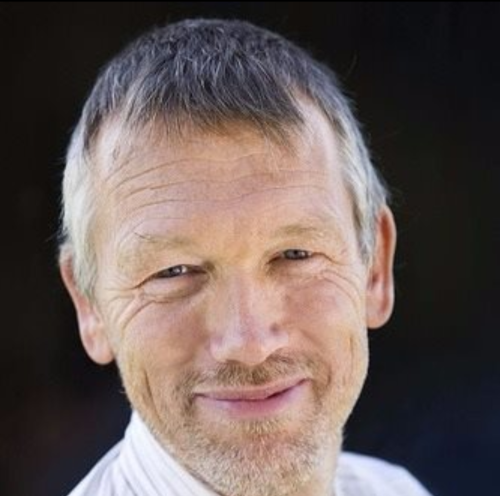
Josef Noll is a Professor at the University of Oslo (UiO) and Secretary-General at the Basic Internet Foundation. His focus at UiO, where he leads "Digital Health" at the Centre for Global Health, is on Societal Security, including the impact of digitisation. Coming from the Mobile Operator Telenor, where his group was responsible for the 3G (UMTS) development, he has identified the digital divide as one of the big societal challenges. Through the Foundation he promotes "Internet Lite for All", the free access to information for everyone. The Foundation has established information spots in 8 countries, with 5 of them being in Africa. Health facility connectivity is seen as key for community involvement and digital health promotion (DHP), involving the local community with adequate digital health information and thus contributing to societal empowerment. Prof. Noll is project leader of the "Non-discriminating Access for Digital Inclusion" (DigI.BasicInternet.no) and the "Security for IoT for Smart Grids" project, as well as involved in several Digital Health projects. Besides his academic background, he has worked in SIEMENS (DE), European Space Agency (NL) and Telenor (NO).
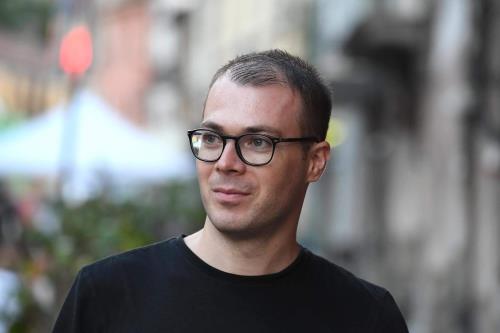
As Program Advisor, Marian facilitates and develops strategic partnerships with different partners and donors to support digital skills development programs.
Prior to joining the Internet Society, Marian held different roles within the International Telecommunication Union (ITU) and the United Nations Conference on Trade and Development (UNCTAD) where he was in charge of economic development projects specifically targeting the digital economy component, including analysis and development of national e-commerce and digital strategies, planning and implementation of digital skills training for citizens in underserved communities in developing and least developed countries, and organization of tech events and conferences.
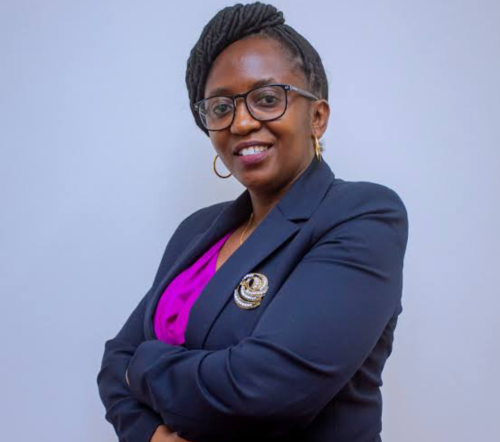
Is the Chief Executive Officer and member of the Board, Universal Communication Service Access Fund (UCSAF), Tanzania Justina Tumaini Mashiba is the Lawyer by professional and she is now the Chief Executive Officer and member of the Board of UCSAF, Tanzania Broadcasting Corporation(TBC), e- Government Authority (eGA) and TIB Development Bank.
Mashiba has built her career in Legal, Management and ICT for over a decade. Internationally, she has been involved in the work of International Telecommunication Union (ITU) for the past 7 years contributing in the work of Study Group 1. She served also as a vice rapporteur to Study Group 1 Question No. 5
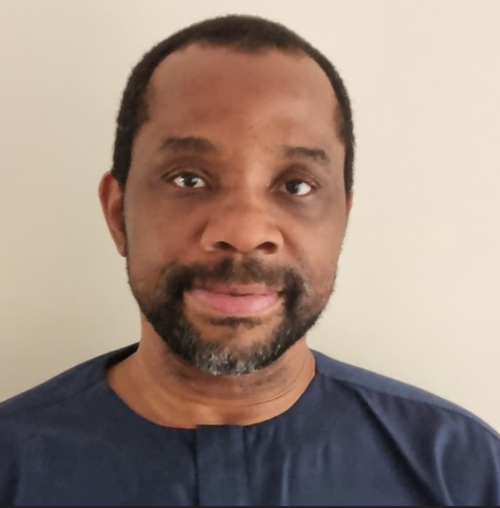
Omo Oaiya is the Chief Strategy Officer of the West and Central Research and Education Network (WACREN), responsible for strategy and business development. Before assuming this role in 2018, he was the pioneer CTO of WACREN, establishing the design principles for its network services and leading the development of the first links to member countries. He coordinates LIBSENSE, the pan-African initiative of REN and academic library communities strengthening local and national services to support open science and research in Africa. A certified SIM3 Auditor, he is keenly interested in establishing and maturing cyber security teams (CSIRTs) in NRENs.
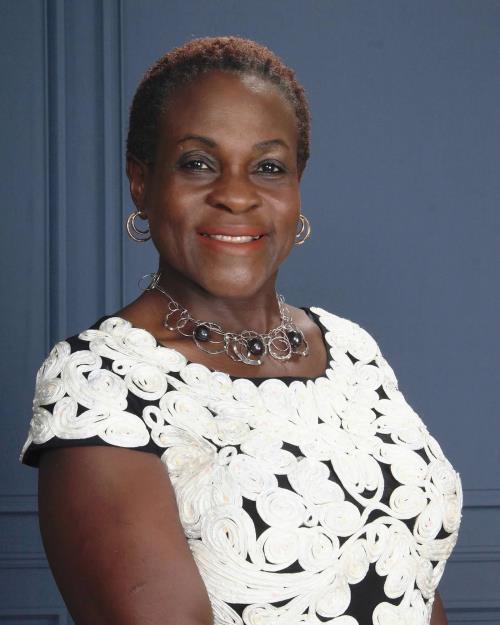
WINIFRED EREYI
Winifred Ereyi is a Social Entrepreneur delivering programs that promote Diversity, Equity and Inclusion , Leadership Development of People, Tech Talent Pipeline Development and Sustainable Development of Communities. She is a much sought after International Key note Speaker and works locally in the Carolinas and Internationally in Africa.
She has worked in various Engineering capacities in the Oil and Gas and Telecommunications sector. In 2001, she left the corporate world of engineering to homeschool her children who are current students in Stanford and Princeton. In 2015, she established ThinkSTEM Foundation in order to address the gender gap that exists in Engineering particularly for minorities.
ThinkSTEM Foundation provides speaking, coaching, advocacy, and mentoring services in the Carolinas and Internationally to inspire and empower current and future STEM professionals to break free from the barriers to entry, retention and promotion. In 2019, she established eWirecommunications as the parent company of ThinkSTEM Foundation. eWirecommunications delivers curated programs to promote the Leadership development of Individuals, and Sustainable Development of Communities. eWirecommunications partners with Women In Technology International (WITI) to deliver its services in the USA and África. Winifred hosts a monthly African EduTECH Network session on the WITI platform to showcase the work of EduTechpreneurs in Africa who are making education accessible to Africa’s growing population. She is a Rotarian and currently building the Girl Force Movement which is a Coalition of Girl Serving Organizations working at the grassroots in Nigeria to advocate for the Girl child across the UN SDGs. She is the Nigerian country sponsor for the Peace Education and Action for Impact (PEAFI) program which is powered by Rotary Action Group for Peace (RAGFP) and World Beyond War (WBW).
Winifred Ereyi is a certified John Maxwell Leadership Trainer, Dr Amen Brain Health Coach and Neuro Encoding Specialist. She has a Masters degree with Distinction in Telecommunications and Systems Engineering from the University of Essex, Colchester, UK. She was the first female to graduate with a First Class degree in Electrical and Electronics Engineering from the University of Lagos, Nigeria. She was recently awarded the PAN African Women Empowerment Summit (PAWES) Women In Technology Award. She is the author of two books: A call to Motherhood and My Africa, My Identity : Stories of Hope, Courage and Passion.
-
 C1. The role of governments and all stakeholders in the promotion of ICTs for development
C1. The role of governments and all stakeholders in the promotion of ICTs for development
-
 C2. Information and communication infrastructure
C2. Information and communication infrastructure
-
 C3. Access to information and knowledge
C3. Access to information and knowledge
-
 C4. Capacity building
C4. Capacity building
-
 Goal 1: End poverty in all its forms everywhere
Goal 1: End poverty in all its forms everywhere
-
 Goal 4: Ensure inclusive and equitable quality education and promote lifelong learning opportunities for all
Goal 4: Ensure inclusive and equitable quality education and promote lifelong learning opportunities for all
-
 Goal 5: Achieve gender equality and empower all women and girls
Goal 5: Achieve gender equality and empower all women and girls
-
 Goal 8: Promote inclusive and sustainable economic growth, employment and decent work for all
Goal 8: Promote inclusive and sustainable economic growth, employment and decent work for all
-
 Goal 9: Build resilient infrastructure, promote sustainable industrialization and foster innovation
Goal 9: Build resilient infrastructure, promote sustainable industrialization and foster innovation